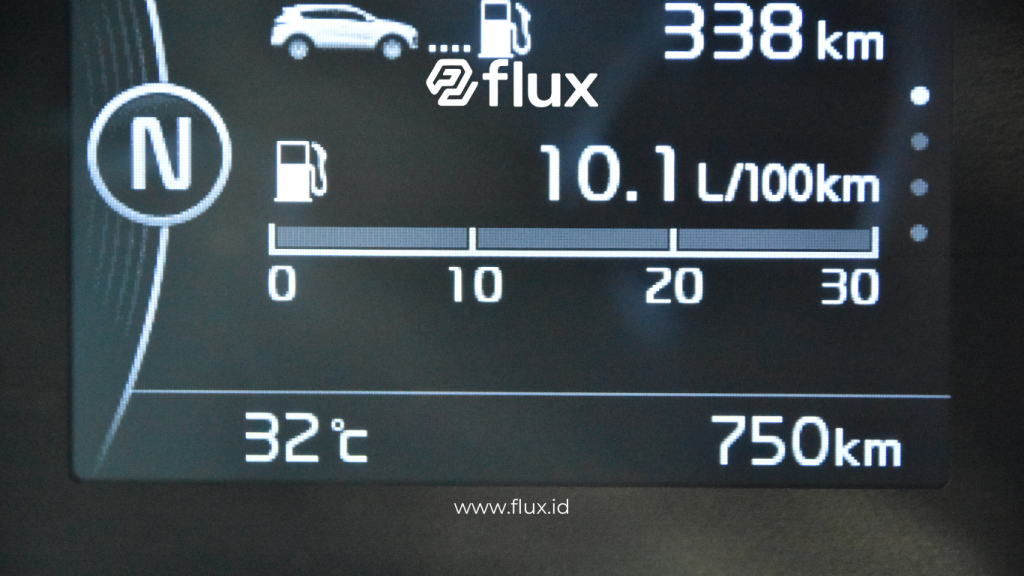Don't miss our holiday offer - 20% OFF!
In the modern automotive world, Tire Pressure Monitoring Sensors (TPMS) have become a crucial technology for keeping your vehicle in optimal condition. TPMS is designed to monitor the air pressure in your car’s tires in real-time. This technology offers various benefits that can help you save on maintenance costs and improve your vehicle’s performance. In this article, we’ll explore five ways TPMS can provide these advantages.
Contents
1. Preventing Unexpected Tire Damage

One of the main benefits of TPMS is its ability to prevent unexpected tire damage. When the air pressure in a tire drops significantly, TPMS will alert the driver. This allows you to take immediate action, such as inflating the tire or having it checked at a service center. By doing so, you can avoid potential severe damage to the tire that could lead to high repair costs.
Additionally, tire damage caused by incorrect pressure can shorten the tire’s lifespan. By regularly monitoring tire pressure, TPMS helps ensure that your tires are always in optimal condition, reducing the need for frequent replacements.
2. Improving Fuel Efficiency

Read More: The Benefits of Proximity Sensors in Everyday Life: From Smartphones to Smart Vehicles
Incorrect tire pressure can affect your vehicle’s fuel efficiency. Under-inflated tires create more friction with the road, which in turn increases fuel consumption. By using TPMS, you can ensure that your tires are always at the manufacturer’s recommended pressure. This not only saves fuel but also reduces greenhouse gas emissions from your vehicle.
Furthermore, TPMS helps you avoid frequent refueling situations, providing long-term economic benefits.
3. Enhancing Driving Safety

Read More: Vehicle Security: Optimal Control System
Proper tire pressure is crucial for safe driving. Under-inflated tires can lead to loss of traction, poor handling, and even tire blowouts. With TPMS, you receive early warnings about incorrect tire pressure, allowing you to address the issue before it becomes a serious hazard on the road.
In addition, tires in good condition tend to perform better, enhancing vehicle stability and reducing the likelihood of accidents.
4. Reducing Routine Maintenance Costs

Routine maintenance involving tire pressure checks can be time-consuming and often neglected by many drivers. With TPMS, you no longer need to perform manual pressure checks frequently. The system provides accurate, real-time information about your tire condition, reducing the need for constant manual maintenance.
Reducing manual checks also saves you time and effort, while ensuring your tires remain in optimal condition with minimal attention.
5. Extending Tire Lifespan

Read More: Understanding How Proximity Sensors Work: Essential Technology in Industrial Automation
Well-maintained tires last longer. TPMS helps you keep tire pressure at recommended levels, which in turn extends the lifespan of your tires. Over- or under-inflated tires can cause uneven wear, shortening tire life and requiring more frequent replacements.
With TPMS, you can ensure your tires remain in top condition for longer, reducing the frequency of replacements and saving on the cost of new tires.
Conclusion
Tire Pressure Monitoring Sensors (TPMS) are highly valuable technology for maintaining vehicle performance and saving on maintenance costs. By preventing unexpected tire damage, improving fuel efficiency, enhancing driving safety, reducing routine maintenance costs, and extending tire lifespan, TPMS offers significant benefits to drivers. Investing in a TPMS system is a smart move to keep your vehicle in the best condition and avoid unnecessary expenses. Ensure your vehicle is equipped with TPMS to fully benefit from this technology and improve your driving experience.





